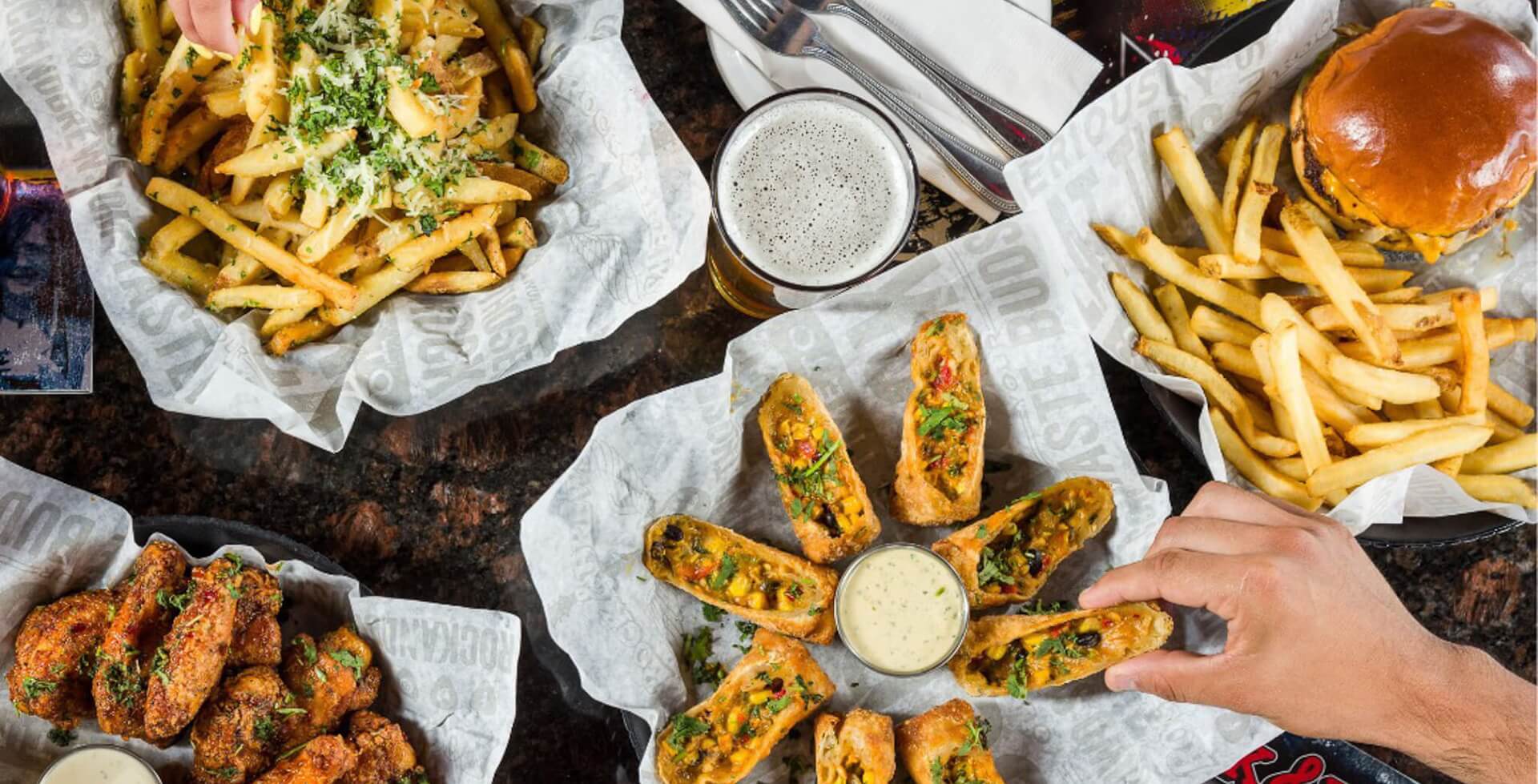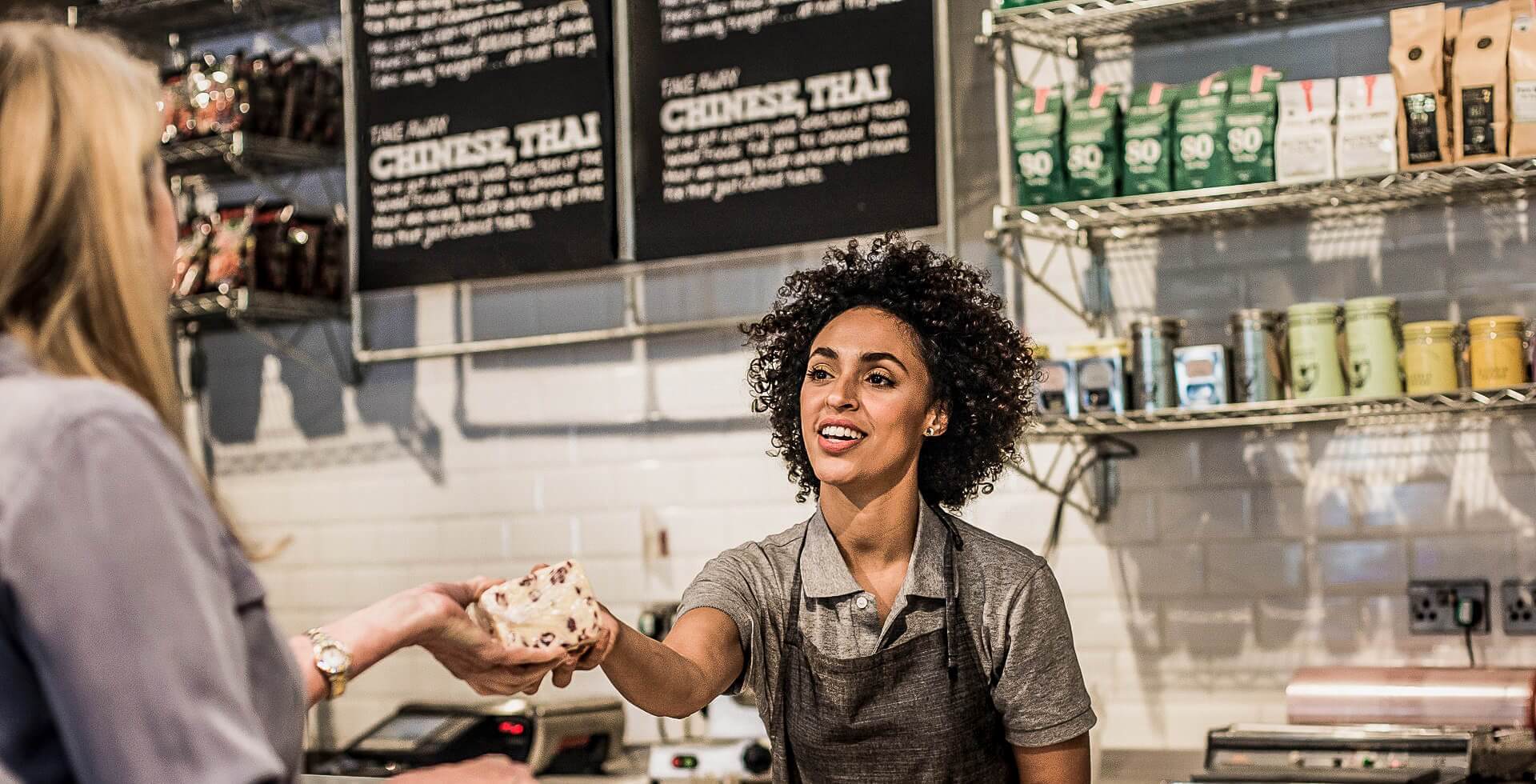Online reviews can make or break a restaurant business. A study by UC Berkeley economists found that a half-star rating increase on Yelp translates into a 19% greater likelihood that a restaurant’s seats will be full during peak dining times, while Harvard Business School has shown that a dip from four stars to three on the site could mean a 5-9% drop in annual revenue.
With another survey by TouchBistro showing that almost 70% of Millennials decide what and where to eat based on online reviews, there’s no question that reviews matter.
Specifically, 64% of consumers say they are likely to check online reviews on Google before visiting a business, while about one in every 16 people on the planet (490 million) visit TripAdvisor every month to peruse its 730 million reviews. As for Yelp, more than 178 million people consult its more than 171 million reviews every month.
According to a survey conducted by BrightLocal, two-thirds of visitors to online review sites form an opinion after reading only four reviews.
Managing reviews
Listing or ‘claiming’ your restaurant on one of these platforms is as simple as filling out a form with the venue’s address, website, contact information, opening hours, location and additional details including cuisine type, pricing and other special features, so that prospective diners searching by location or category can find you.
Once a business has been verified, adding the menu including prices, as well as photos and videos are great ways to improve engagement. Yelp reports that customers stay on a business listing two and a half times longer when photos are featured.
But responding to reviews is the most crucial part of managing a review site listing. 45% of consumers are more likely to visit a business that responds to negative reviews, according to Review Trackers.
They also expect it to be quick, with 53% of respondents to the company’s 2018 Online Reviews Survey saying restaurants should respond within a week. But restaurants aren’t keeping up. A substantial 63% of diners said a business has never responded to their review.

64% of consumers say they are likely to check online reviews on Google / Image-Source: Google
The growth of fake reviews
Positive reviews have become the lifeblood of many restaurant businesses. 33% of restaurant-goers would not eat at a restaurant with an average 3-star review on online review websites, according to Review Trackers. But alongside the soaring popularity of sites like Yelp and TripAdvisor, has grown an entire new industry dedicated to fake reviews, putting the playing field hugely out of balance for businesses who rely on authentic reviews to keep customers coming through the door.
For less than £100 you can get 10 glowing reviews on your restaurant listing. Alternatively, fake review companies will defame your biggest competitor to the same tune. And that’s not to mention disgruntled diners and ex-employees.
In 2017, some 85% of British hotels and restaurants fell victim to malicious and fake online reviews, according to the British Hospitality Association (BHA), with half saying that the reviews had then been used to blackmail them. That’s up 20% on the previous survey that was done in 2015.
And it hasn’t improved since, according to an investigation carried out by The Times in 2018. It found that up to one in three TripAdvisor reviews are fake, mentioning one company that allowed owners to buy 10 positive reviews for £69. However, TripAdvisor responded to the claims by saying that the methods used by Fakespot (the company which analysed the reviews) were unreliable because they didn’t have access to the technical data they would need to determine whether or not a review is fake.
How to take down fake reviews
On the other side of the coin, there are positive signs. In 2018, a man was jailed for nine months in Italy after being convicted of selling fake TripAdvisor reviews to hundreds of hospitality companies, the first time a court had jailed someone for review fraud.
Review sites themselves also have teams of fraud-fighters dedicated to putting a stop to those attempting to manipulate their systems. Over the past three years, TripAdvisor has shut down more than 60 different websites offering fake reviews including positivereview.co.uk and buytripadvisorreviews.com. The company told The Caterer that only 2% of reviews that do make it to the site are ever flagged (for any reason) as suspicious.
In those cases, there are steps businesses can follow to have them removed. On Google, businesses can flag reviews that violate Google review policies. Similarly, TripAdvisor will remove reviews that violate their guidelines. In order to report one, businesses need to go to their Business Management Centre and fill out the form. Yelp will also remove a review if the moderation team believes it violates their content guidelines. Restaurants simply need to locate the review in the Reviews section of their business account and click Report Reviews. In all cases, it can take several days for moderators to evaluate a review.
More needs to be done
Ufi Ibrahim, chief executive of the BHA, summarised the situation: “Online reviews sites are hugely important for the reputations of hospitality businesses and allow consumers to make informed decisions. However, the relentless and largely unregulated growth of the digital intermediaries means that hospitality businesses in the real world – who often pay large commissions to these sites on bookings – are at the mercy of these firms. More must be done to tackle fake and malicious reviews and provide greater transparency in the ratings systems.”
For TripAdvisor’s part, the hope is that more fraudsters will be penalised for their actions, going some way towards rebuilding trust between businesses and customers. “Italy was a landmark case,” the company’s director of corporate communications James Kay said to The Caterer. “It was fantastic to see someone put in jail for it because it is fraud, it is illegal, and we hope that it is a landmark case and that others will follow suit.”












